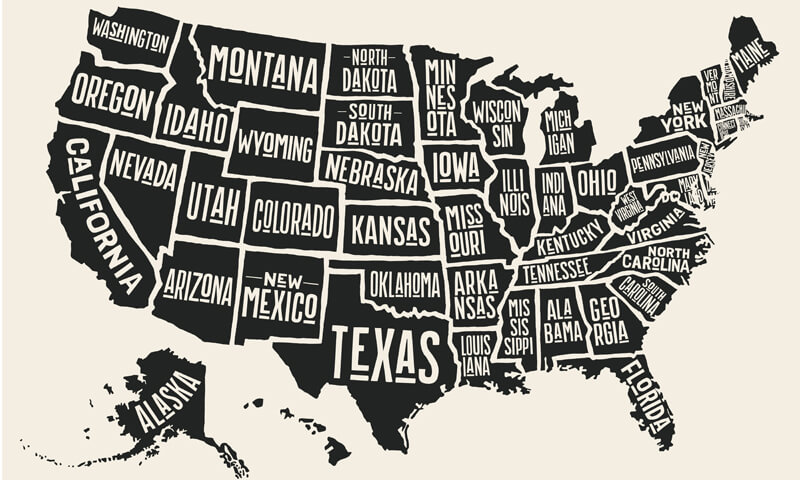
In a recent revelation, Robert Hawley, a former Deputy Executive Director of the State Bar of California, has been implicated in violating conflict of interest rules by ghostwriting reports on complaints, a practice that compromised the independence of investigations. This revelation, brought to light in a report by Adams, Duerk & Kamenstein, contributes to the ongoing scrutiny surrounding the State Bar’s management of ethics complaints.
Want to know if you’re earning what you deserve? Find out with LawCrossing’s salary surveys.
Investigation Unveils Misconduct
The investigation, covering the period from 2010 to 2015, uncovered Hawley’s involvement in drafting seven reports related to cases where conflicts of interest arose with the bar’s chief trial counsel. Despite being presented as the work of impartial external examiners, these reports were authored by Hawley himself, casting doubts on the integrity of the investigative process.
Amidst Ongoing Criticism
Hawley’s actions add to the State Bar’s challenges, which have been compounded by criticisms of its handling of high-profile cases like that of Thomas Girardi, a prominent plaintiffs’ lawyer facing federal charges for alleged misappropriation of client funds. Previous inquiries have revealed various ethical breaches within the organization, including ties between former employees and Girardi.
Echoes of Past Investigations
Notably, a separate investigation into Girardi’s case in 2023 had already implicated Hawley in ghostwriting a report. This revelation prompted a deeper inquiry into Hawley’s oversight of complaints against the chief trial counsel during his tenure. Despite being obligated to refer such complaints to external investigators, Hawley retained outside parties while clandestinely drafting some reports.
Gravity of Hawley’s Actions
The report highlights the severity of Hawley’s misconduct, indicating a concerted effort to conceal his involvement by minimizing it as “staff assistance.” Hawley’s defense, citing the pro bono nature of external counsel’s work, fails to justify his actions, as ultimate decisions rested with external investigators.
Reactions and Reforms
Brandon Stallings, Chair of the State Bar Board of Trustees, expressed concern over the findings, acknowledging the troubling implications. However, Stallings assured that systemic changes have been enacted since Hawley’s retirement in 2015, including compensating external investigators to prevent similar incidents in the future.
Continuing Fallout
Despite Hawley’s refusal to provide live testimony, citing medical reasons, his written responses did little to assuage concerns. The report ultimately found insufficient evidence implicating state bar leadership in Hawley’s ghostwriting activities, further complicating the matter.
Upholding Ethical Standards
This development underscores the critical importance of maintaining ethical standards within legal institutions. It serves as a stark reminder of the imperative for transparency, accountability, and adherence to conflict of interest rules to preserve public trust in the legal profession. As attorneys and law firms navigate the intricate landscape of legal ethics, it is essential to remain steadfast in upholding the principles of integrity and impartiality across all facets of legal practice.












































